Koalas and their Aboriginal and Native Names
The word koala emerged from the aboriginal and native languages of the Australia, especially the Easter Australia where the koalas live. The aboriginal and native Australian dwellers named the animal (the koala) on the basis of one key observation which concluded that the animal (the koala) never used to drink water. Therefore; they decided to assign such a name to the koala which meant no water or not drinking water, or animal without water etc. Some of those aboriginal and native names have been picked by the researchers and you will be surprised to know that they all meant "No Water".
There are at least one dozen aboriginal and native names about koalas and they all belong to Eastern Australia's native and aboriginal languages.
Today; the researchers have found as many as one dozen aboriginal and native names of the koala. All of these aboriginal and native names belong to native Eastern Australian languages. This is the only area where the Koalas live and thrive in Australia. Some of these aboriginal and native names include Kaola, Koalo, Colah, Coola, Colo, Coloo, Koolewong and Koobor etc. It is rather astonishing that an animal can have so many native names belonging to a common geographic location.
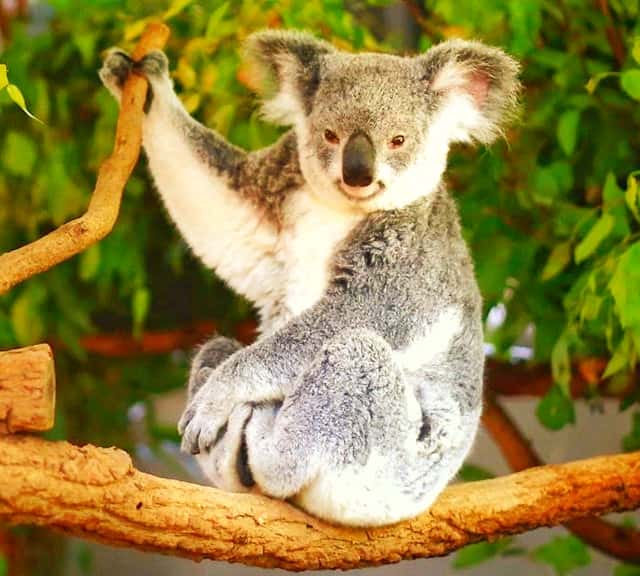
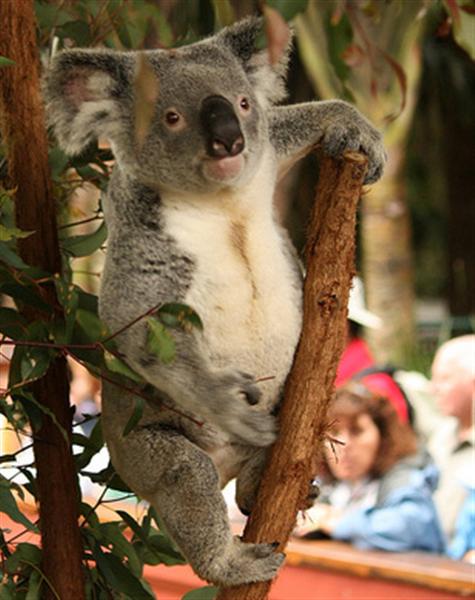
The first couple of aboriginal and native names mentioned above are very closely related to the word koala in English and other languages while the later ones (Koobor and Koolewong) are almost entirely different. Therefore; all of these native names to a greater extent match the real word "Koala" as, they are one way or another very closely related in terms of pronunciation, expressions and to some extent alphabets too.
Only the Australian continent has Koalas, therefore, it was natural to have word koala being emerged from aboriginal and native languages of Australia.
The native languages and native people's naming of an animal does have a huge impact on the official naming of an animal and the naming of koala is a great example in this regard. Since, the koala is only the part of the Australian continent, therefore; it is natural to have its name being emerged from the native languages of the Australian continent.
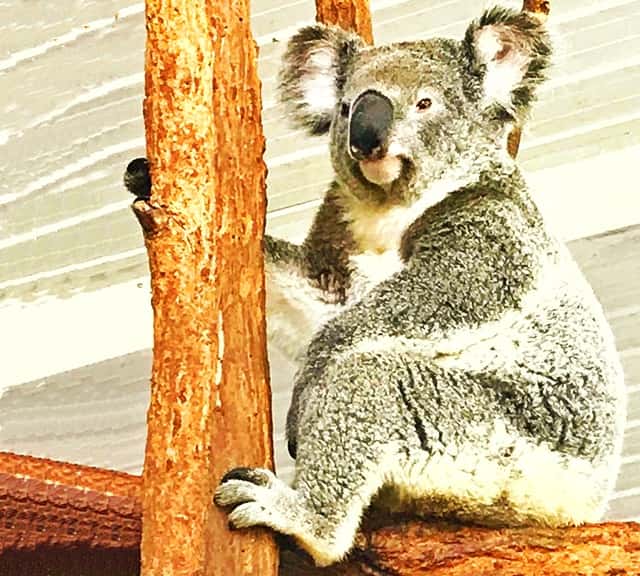
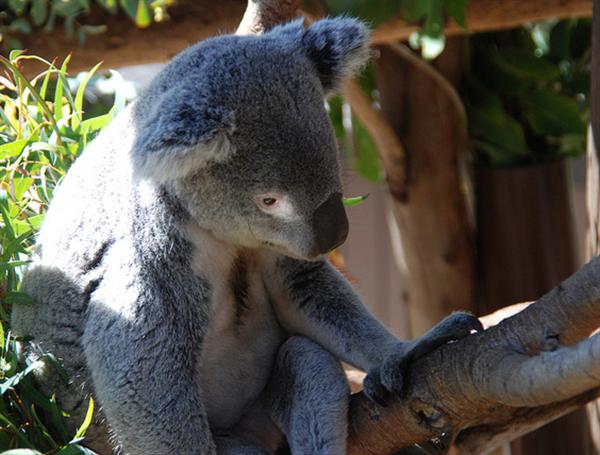
How did the word Koala got its integration within English language? Even though there is not much literature about this but it is commonly believed that early Europeans in Australia especially the zoologists and botanists made core contributions for its integration within the English language (more precisely the English dictionary). According to the encyclopedia and dictionaries the word became part of English vocabulary during the first decade of 1800s (1801 - 1810).
The word "Koala" became part of the English vocabulary in the first decade of the 19th century (1800 to 1810).
Earlier there was also another name for the Koala as "Koola" (also belonging to Australia's aboriginal and native langauges) but this word is now considered as an obsolete one. Therefore; the word koala which belonged to Australian aboriginal and native languages for at least hundreds of years became part of the English language only recently in the 19th century.
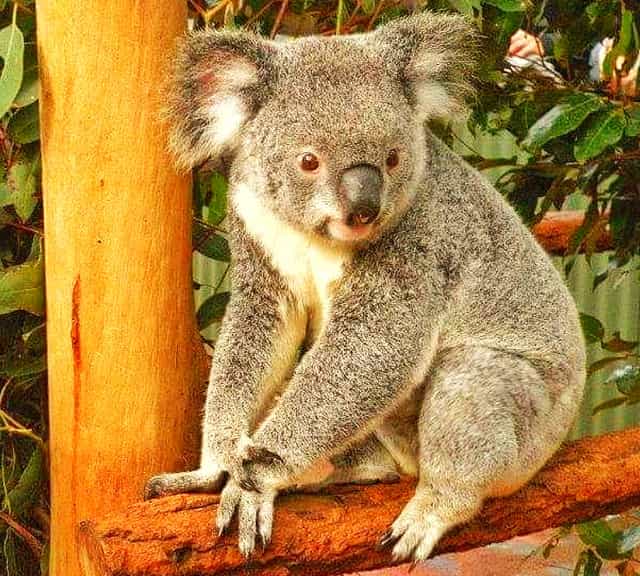
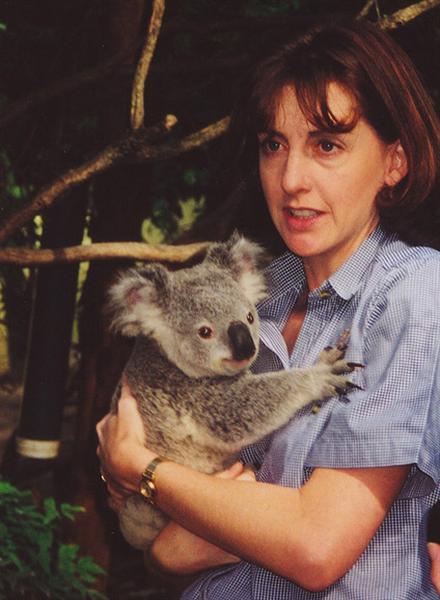
Apart from English language many other global languages have integrated the word koala within their vocabularies as well. Even these languages have also derived the name for the koala from the aboriginal and native Australian names of the koala. Let's begin with Chinese, the most spoken language in the world (mostly in China), they write the word koala as " 考拉 " and it is pronounced as "cowla" or "kaola".
All the global languages such as Chinese, Russian, Spanish and many more have also derived the Koala's name from the aboriginal and native Australian words for koala.
Similarly; the Russians write the word koala as " коала " and it is pronounced as "kaala". Finally; the Spanish write the word koala as " Coala " and pronounce it same as in English language "Koala". You can notice that even all of these global languages too have derived the word "Koala" from the aboriginal and native Australian words for koala.
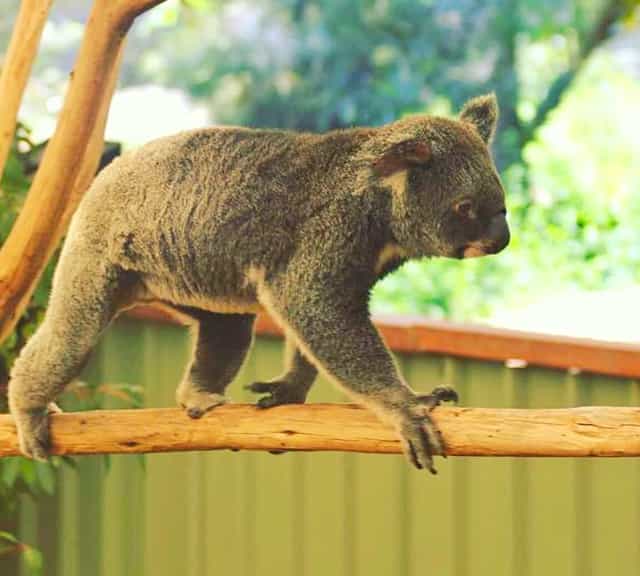
Despite so much buzz about this word "Koala" and its relation with Australia's aboriginal and native languages yet still people don't know much about the background of this word and even the animal koala itself. The word is only popular across the continent of Australia while outside Australia not many people generally know about it.
The word "Koala" and the animal "Koala" itself are both anonymous for majority of the people outside Australia. They even have no idea that the word belongs to Australia's aboriginal and native languages.
Even if they do know the animal (outside Australia), they hardly have any idea that the word "koala" belongs to the aboriginal and native languages of the Australian continent. Many people consider koala as some kind of an Australian bear and they even have no idea that the koala is marsupial just like the kangaroos.
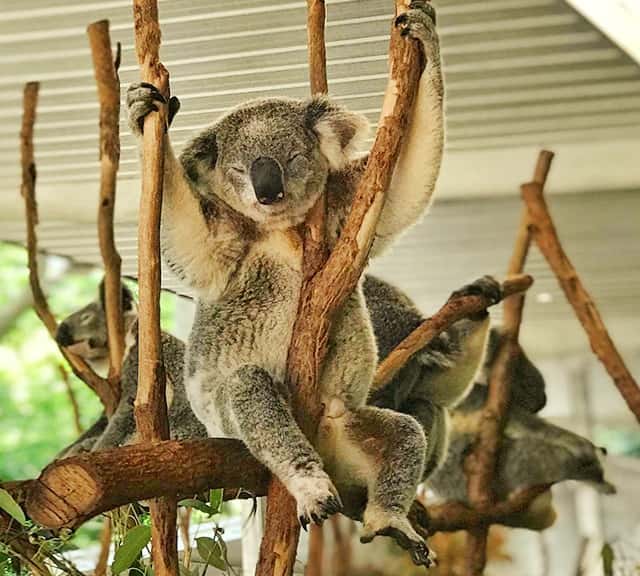
Exploring the word further, if we look at the stats of this word (animal) "Koala" on Google search results, we will be astonished to conclude that the word Koala generates more than 127 million results. It is only behind kangaroo among the Australian animals and globally it possesses more results than many famous animals like Rhinos, caracals, ostriches and even macaw parrots as well.
In the online world, the word and the animal "Koala" generates more searches than many other famous animals like Rhinos, Caracals, Ostriches and Macaw parrots.
In terms of its trends, the word mostly gains momentum in Australia and United States mostly. Surprisingly; the word and animal is also very popular in Slovakia as well.
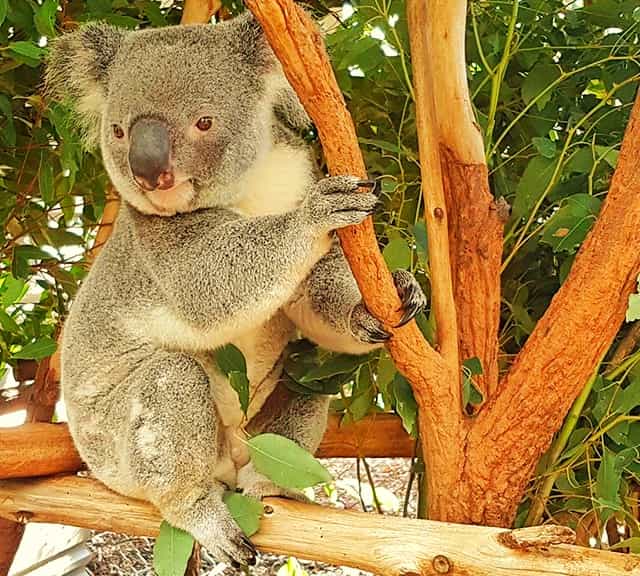
Liger Articles
Marsupials vs. Placental Mammals
Koalas are most popular animals in Australia
Koalas are more popular as compared to Kangaroos
Koalas and their Dominant Nose
Button Shaped Fascinating Eyes of the Koalas
Core Recognizing Features of Koalas
Koalas are the largest tree climbing Mammals in Australia - Koalas as Arboreal
Sizes of Koalas from Queensland, Australia
Sizes of Koalas from Australia's Victorian Origin
Difference between Queensland and Victorian Koalas
Average Weights of Male Koalas
Weighing Male vs Female Koalas
Male Koalas have Loudest of voice among all Australian Mammals
Origin of Koalas & their Evolution
Koalas Population Increased at the end of 20th century
Historical Evolution of the Koalas - A Physical Perspective
Koalas and their Aboriginal and Native Names
It Took 10 years for Aboriginal Australians to Spot and Recognize Koalas
Koalas Live Hardest and Toughest Lives Among all animals
Koalas Tooth Decay through its Abrasive Diet
Koalas Diet is Fully Poisonous and Toxic
Koalas' Food Eucalyptus has Lower Nutrition
Koalas have Lower Energy Levels
Koalas - When Occasionally Spotted on other Leaves for their Food
Why Koalas drink little or no Water?
Koalas & their Advanced Digestive Mechanisms
Why Koalas Sleep more than 20 Hours a Day?
Koalas Lack Energy and Strength
Koala's Tooth from Growth till Tooth Decay
Young Koalas are Better Chewers as Compared to Mature and Elderly Koalas
Why Most Koalas Die of Starvation?
Heat Exhaustion and Heat Strokes among Koalas
Do Koalas lack Intellectual Abilities?
Koalas and their Sense of Smell
Koalas Love Fresh Eucalyptus Leaves as their Food
Koalas' Eucalyptus Leaves' Preferences during summers and Winters
Koalas' Preference for Leaves Having Higher Nitrogen Levels
Koalas Prefer Big Eucalyptus Trees and Love to Stay at Trees' tops.
Koalas Prefer to Live in Areas that have Good Soil and Fertile Lands
Koalas' Per Day Food Consumption
Koalas Food Consumption Depends upon their Body Size
Lactating Female Koalas Consume More Food as Compared to the Normal Female Koalas
Koalas Consume More Food during Winters as Compared to Summers
Female Koalas are very Selective Regarding their Leaf Selection and Food Consumption.
A Baby Koala Joey Lives in her Mother's Pouch for 8 to 9 Months
Gestation Period within Female Koalas
Breeding Behaviors of the Female Koalas
The Size of the Baby Koala Joey at the time of its Birth
Weight of the Baby Koala Joey at the Time of its Birth
At Birth the Baby Koala Joey Travels from Cloaca into their Mother's Pouch
Newborn Koala Joeys have Well-Established Sense of Smell
Koala Joey keeps his Head Inside its Mother's Pouch for 6 Months
Complete Shape and Body Development of the Koala Joey
Pap - The first solid food of the Koala Joeys
When Does Tooth Emerge for Baby Koala Joey?
Aggressive Behavior of Mother Koalas towards their Joeys
Queensland Offers Less Nutritional Values for Koalas
How long does Koalas live? Age of the Koala
Female Koalas Live More than Male Koalas
What is the Average Age of the Male Koala?
Average Ages of the Female Koalas
For How Long a Female Koala can Give Birth to the Koala Joeys?
How many times female Koalas give birth?
Koalas and Australia's Bushfire
Koalas' fur quickly gets rid of rain water
Koalas Resting and Sleeping Postures and Positions during the Hot Summer Seasons
Winter Season and Sleeping Postures of Koalas
Koalas' Urination during Summer and Winter Seasons
Koalas and their Specialized Claws
How does a Koala regulate its Body Temperature?
Food Consumption and Feeding Timings of the Koalas
Koalas Always Prefer Eucalyptus Leaves from the Tree top
How does a Koala Grooms itself?
Koalas' Territories and ranges within Australia's Victorian Areas
Koalas' Territories and Ranges within Australia's Queensland Areas
Behavior of the Alpha Dominant Male Koala
Aggressiveness of Female Koalas
Scent Marking Behavior of the Male Koalas
Mating Strategy of the Male Koalas
Fights and Territorial Encounters of Male Koalas
Sounds and Vocalizations of Male Koalas
Sounds and Vocalization of the Female Koalas
Koalas and their Facial Expressions
Breeding Ages of the Male and Female Koalas
Factors Influencing the Success of Koalas' Fertility Rates
Behavior of the young and adolescent Koala Joey
When Does a Mother Koala Says Goodbye and Leaves the Young Koala Joey?
Playful Behavior of the Young Koala Joeys
Koalas - Mating Season and Mating Months
Koala Informationen, Bilder, Neuigkeit, und Erforschung
Коала - сумчатый млекопитающий